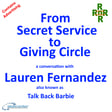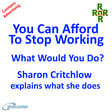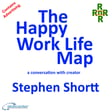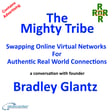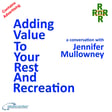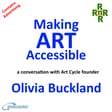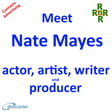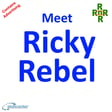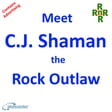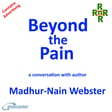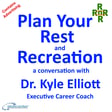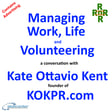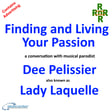
From Burnout to Balance – a conversation with Connor Treacy, founder of Off Sunset
Connor Treacy has been a player in the entertainment industry since, aged 19, he hosted a party. Video of the party went viral and was covered by mainstream TV news channels.
He went on to become the man A-list celebrities asked to get them into the hottest clubs and organise the parties to launch their latest product or marketing collaboration,
Connor’s own star rose quickly in the nightlife and music industries. Pretty soon he was the person in the know about the people to know, and a great predicter of the next hot performers.
Eventually, Connor reached burnout and made radical changes to create his best life.
In this episode of the Abeceder work life balance podcast Rest and Recreation Connor Treacy explains to host Michael Millward how he defined his balance and what he did to achieve his personal balance.
Alongside stories of A-list encounters, you will hear Connor explain what he did to build a life based on his creativity.
This episode is launched to coincide with the launch of Connor’s latest music.
Audience Offers
Rest and Recreation is made on Zencastr, because creating podcasts on Zencastr is so easy, you can as well by visiting Zencastr and using our offer code ABECEDER.
Travel – at trade prices anywhere in the world at trade prices on flights, hotels, trains, and holidays as members of The Ultimate Travel Club.
Health – York Test provides an Annual Health Test. An experienced phlebotomist will complete a full blood draw at your home or workplace. Hospital standard tests covering 39 different health markers are carried out in a UKAS-accredited and CQC-compliant laboratory.
A Personal Wellness Hub gives access your easy-to-understand results and guidance to help you make effective lifestyle changes anytime via your secure, personal Wellness Hub account.
Visit York Test and use this discount code REST25.
Tech Problems? – Visit Three for information about business and personal telecom solutions from Three, and the special offers available when you quote our referral code WPFNUQHU.
If you have liked this episode of Rest and Recreation, please give it a like and download it. To make sure you do not miss future editions please subscribe.
Remember, the aim of all the podcasts produced by Abeceder is not to tell you what to think, but we do hope to make you think!
Being a Guest
If you would like to be a guest on Rest and Recreation, please contact Abeceder.
Matchmaker.fm introduce many guests to Rest and Recreation. Matchmaker.fm is where great hosts and even greater guests are matched, and fantastic podcasts are hatched. Use code MILW10 for a discount on membership.
We recommend that potential guests take one of the podcasting guest training programmes available from Work Place Learning Centre.
Thank you to you for listening.
We appreciate every like, download, and subscription.


